Khabar Khair (Only Good News) – Fatima Rashad
In light of the continuation of the Corona pandemic, the United Nations celebrated the World Bee Day virtually on May 20, 2021 AD under the slogan “Bee Participation – Better Rebuilding for Bees”.
The conflict negatively affected the productive sectors in general, and extended to include the production and export of Yemeni bees. It also caused the stoppage of the movement of the beekeepers to and from the valleys that they used to move to during the different seasons of the year to preserve the bees from the weather factors, as switching between the pastures leads to the breeding of bees and the production of different types of honey according to the pasture variety.
Fouad Al-Subaihi (A beekeeper in Lahij governorate) said, “The continuation of the conflict restricted my movement between the governorates of Taiz and Shabwa with the hives I own, and reduced the chances of bee reproduction, which made me lose 30% of the beehives, and also reduced the quality of the honey produced, which depends mainly on the diversity of the vegetation”.
Regarding the futility of the solutions that they address to the problem of the bees, Al-Subaihi added, “The solutions that we put in place to limit the depletion of bee hives are no longer feasible in their entirety, especially with the presence of other factors that increase our suffering as beekeepers”.
For his part, Saeed Haddad (a beekeeper in Shabwa governorate, Wadi Djirdan, known for producing the famous Sidr honey), says, “We face many obstacles while beekeeping that reach their climax during the drought period, in addition to the irrational use of the pesticides on the farms, and many hives are subjected to dredging by torrential rain”.
Yemeni Solutions and Treatment to Preserve Bees
Given the conditions in Yemen, it is difficult to devise solutions to the problem, but this does not mean that the reality is accepted and lived up, as solutions have been developed to address the difficulties facing the beekeepers and lead to a decrease in the number of bee hives.
The engineer Rafiq Al-Hakimi (Director of the National Center for Research on Beekeeping and Yemeni Honey) said, “We do our duty to protect the beekeepers, by organizing campaigns to spray agricultural pesticides that harm bees, which are self-efforts made by the team members of the association but rapid intervention is required for the relevant authorities to protect the bee wealth, which, if taken care of and exported, will contribute to enhancing the country’s domestic product”.
The solutions that can be relied upon to develop the wealth of beekeepers are represented in their entirety by adopting the cultivation of seasonal crops that contribute to the diversity of honey, and a natural agricultural environment, as well as reducing the use of pesticides.
Rafiq Al-Hakimi said, “There are solutions and proposals that can reduce the problems facing the Yemeni beekeepers, which is helping the beekeepers in marketing their honey products, preserving vegetation cover, especially Sidr and Peace trees, planting trees useful for bee pasture, and stopping the process of unjust logging that deprives the bees of the pastures rich in Acacia tortilis trees”.
This is in addition to the need to provide the training and rehabilitation to the beekeepers. The Social Fund for Development provided the logistical support needed by the beekeepers after handing over the local tools to 700 beekeepers. The follow-up and investigation determine the extent of benefit from the training, as well as whether the beekeepers need field support and the type of that support.
Organizations that Support the Productive Bee Sectors
The International Organization of FAO provides its support to the various productive sectors of the beekeepers as individual and bee protection associations, through its partners of the active associations, institutions and organizations in Yemen.
FAO allocated this support to poor families, as it worked to improve the income of these families by providing them with job opportunities, by distributing beehives to them and helping them sell various honey products such as: pollen, wax, royal jelly.
The Mayar Foundation told “Khabar Kheir” (Good News) website, “The partner organizations and associations distributed beehives through a project funded by the FAO for the beneficiaries in Yemen”.
The Mayar Foundation for development confirmed that 1,800 beehives and 360 honey extractors (a mechanical device that extracts honey) were distributed to the beneficiaries, which are over six districts in Shabwa and Abyan governorates.
She added, “Each district got 300 beehives for 60 beekeepers, each of them got 5 hives, and each district got 12 honey sorters, each of 5 beekeepers share one sorter”.
Muhammed Omar (one of the beneficiaries) said, “The Beekeepers Association in Hadhramaut governorate provided us with beehives, after I submitted a request to the association for a beekeeping project, and the association at that time distributed the cells within the FAO project, and I got one cell and was able to achieve success in beekeeping and today I have five cells, which helped me improving my own income”.
The beekeeping project is one of the important projects in the Hadhramaut governorate, which produces the finest types of Yemeni honey, which is Douani honey, or what some call it Sidr honey.
“The quality and quantity of honey determine the size of the profits”, said the beekeeper Saeed Haddad, who determined his relative profit from each beehive at an estimated 40 thousand Yemeni riyals, and he sometimes does not make a profit or lose, stressing that it is the acquisition of Yemeni Sidr honey that enables the beekeeper from the guaranteed profit. If a beekeeper owns 200 beehives, his profit reaches eight million riyals, and after deducting the year’s expenses, his profit reaches 5 million Yemeni riyals, which is a relative number.
Popular regions for beekeeping in Yemen
Rafiq Al-Hakimi (National Center for Research on Beekeeping) confirmed that beekeepers are distributed in different regions of Yemen and are concentrated primarily in the governorates of Abyan, Shabwa, and Hadhramaut.
Al-Hakimi said, “The number of beekeepers in the Republic of Yemen is 20,000, with one and a half million beehives, and most of the beekeepers raise bees in traditional ways by 90%, while the number of modern beehives in Yemen is few, and the beekeepers are still transferring the beehives to different areas to ensure the quality of honey”.
Processors
According to the United Nations, “Bees are vulnerable to extinction, there is an increase in the rates of extinction of existing species from 100 to 1,000 times the normal rate due to human impacts”.
About 35% of invertebrate pollinators, especially bees and butterflies, and about 17% of vertebrate pollinators such as bats face the threat of extinction worldwide.
Which will lead to the replacement of basic crops such as rice, corn and potatoes with nutritious crops such as fruits, nuts and a number of vegetable crops, which eventually leads to a dysfunctional diet, which coincides with the changes in the climate, and the use of pesticides and agricultural methods based on unstudied genetic modifications. All of this will have an impact on bee colonies, and on the nature of food in general, according to the statement published by the United Nations on its website.
According to the study conducted by Mohamed Khanbash on bees, Yemeni bees are distinguished as the remaining rare series that belong to the global honey bee, and to preserve this series, an appropriate and isolated environment must be prepared to preserve this series of bees.
In addition to Douani and Saal honey, pasture honey, and others, there is the Socotra honey (red honey) in Yemen. This name is derived from its red color because bees feed on the Socotra dragon tree, and on trees and other rare plants that are only found on this island.
The prices of the Yemeni honey in the local market range between 15 and 70 dollars per kilo, depending on the quality and type of the Yemeni honey.

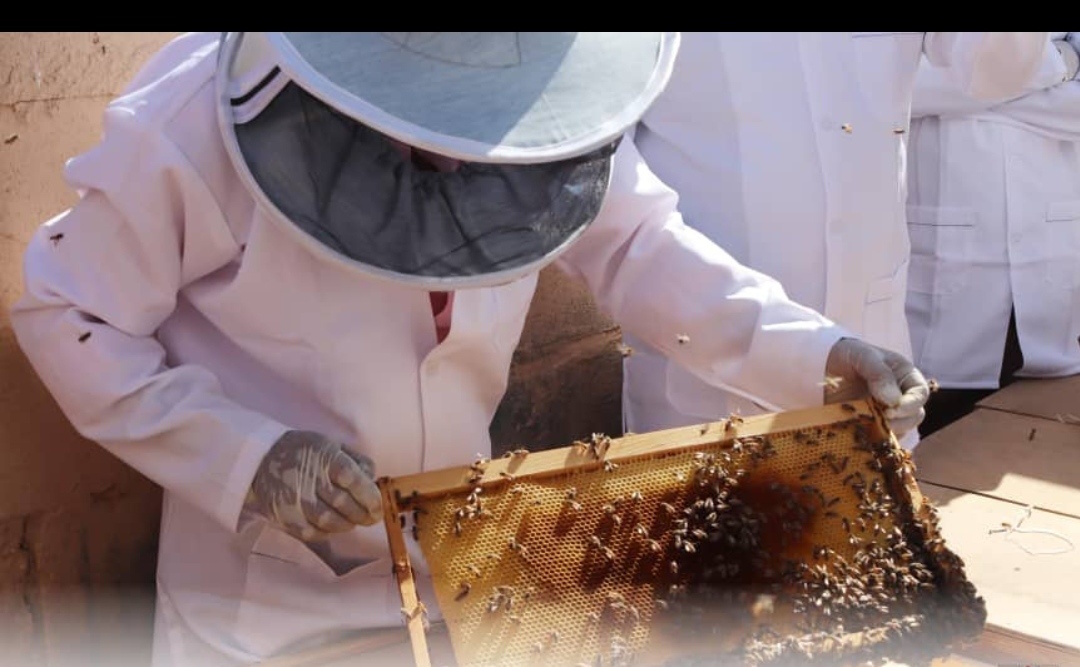
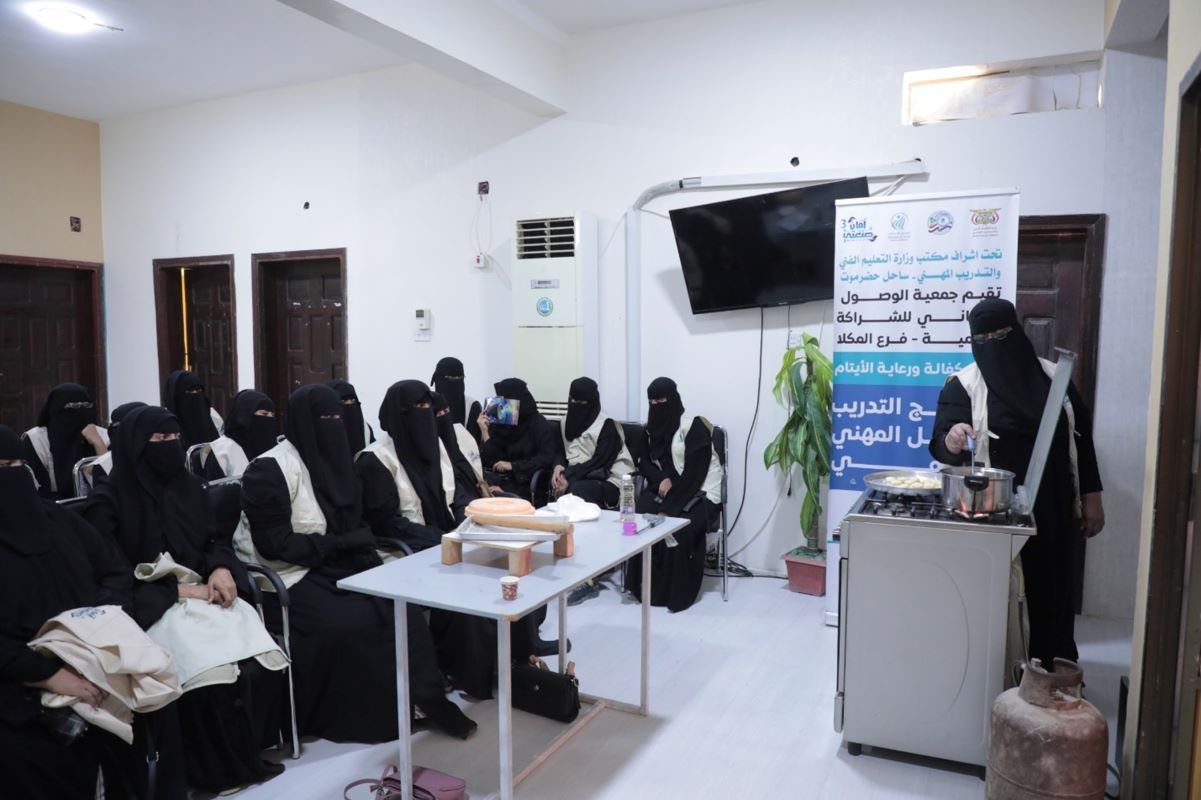
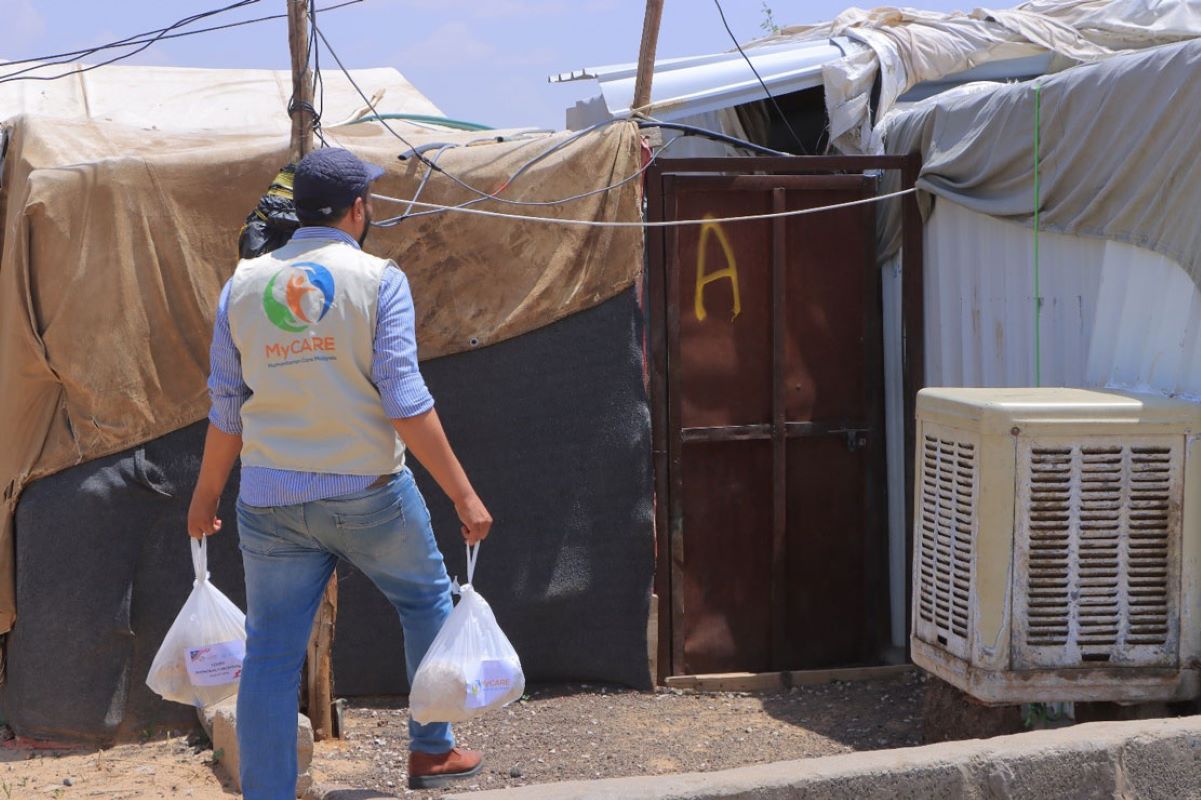

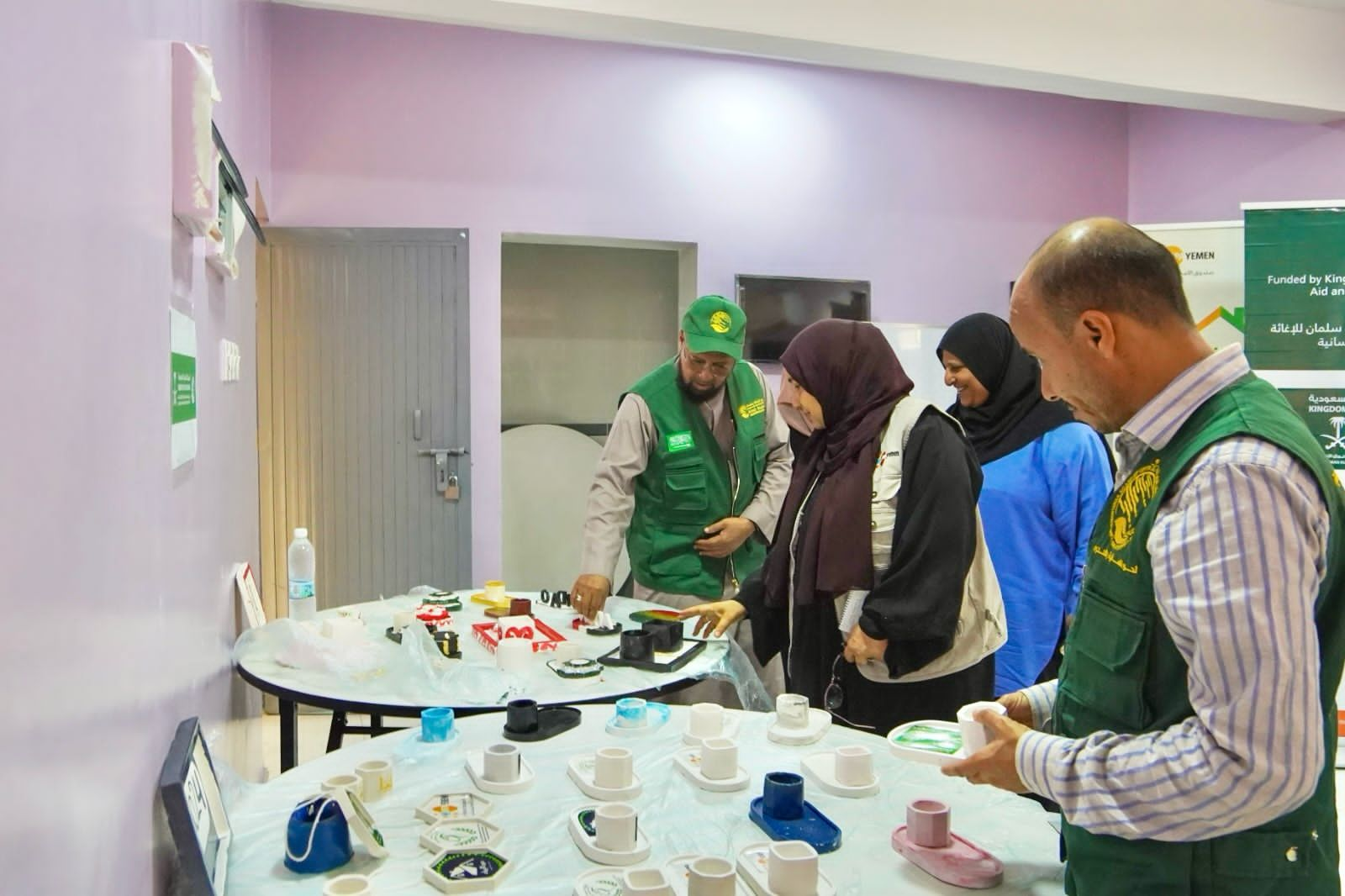
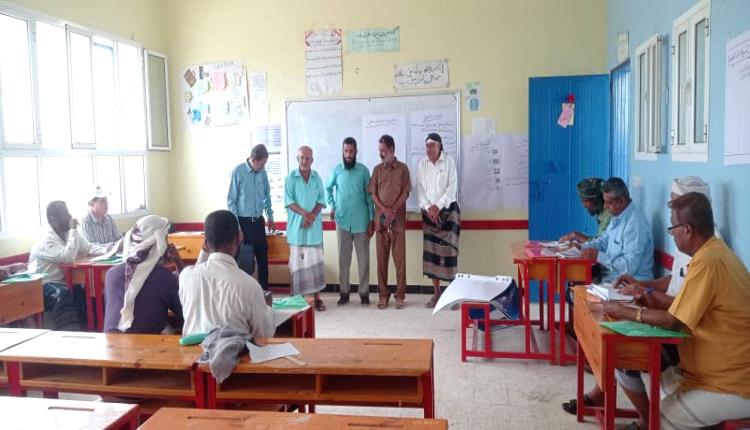
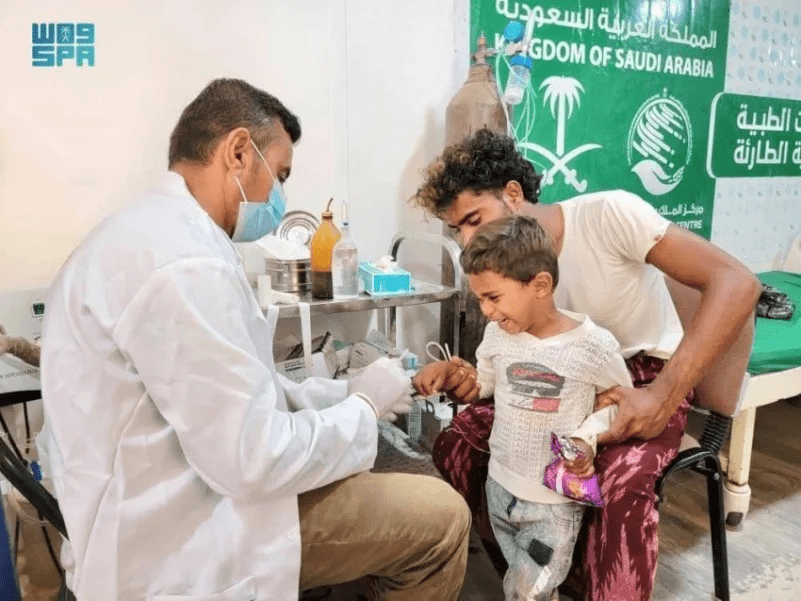

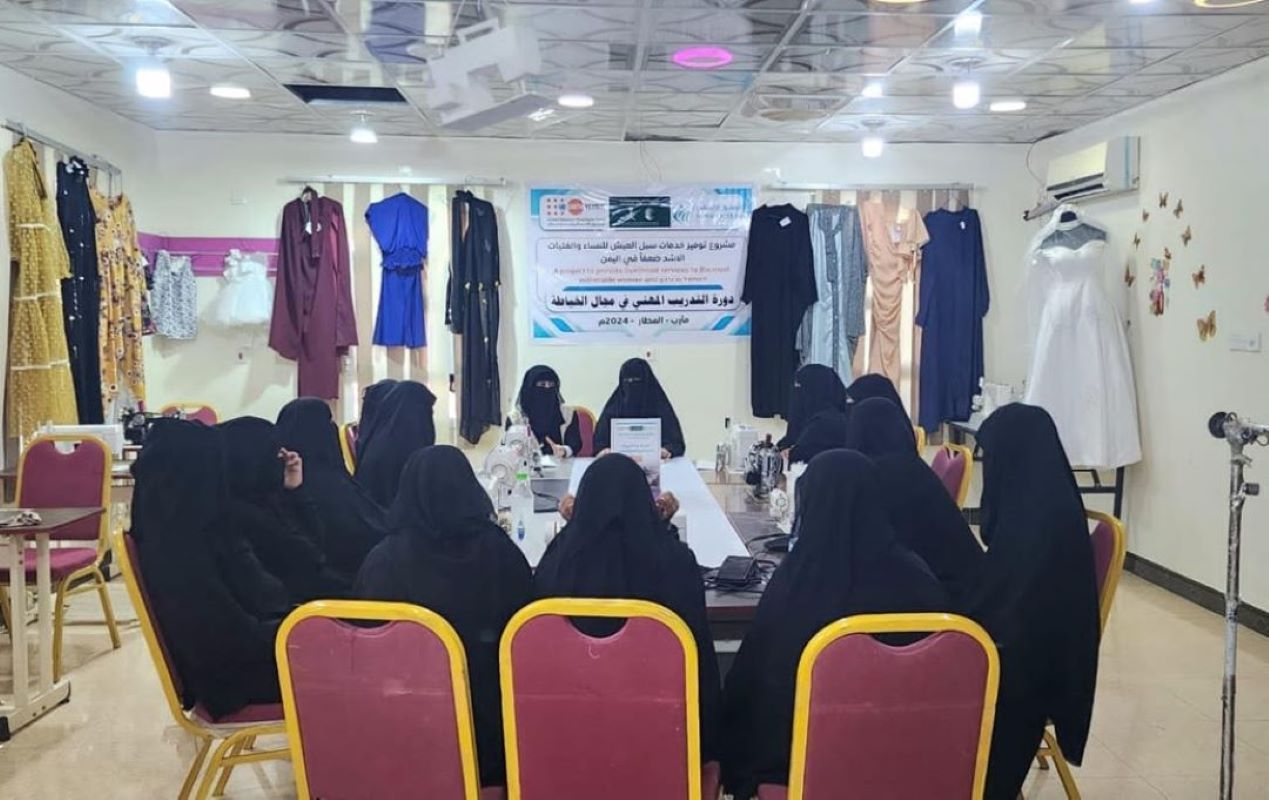
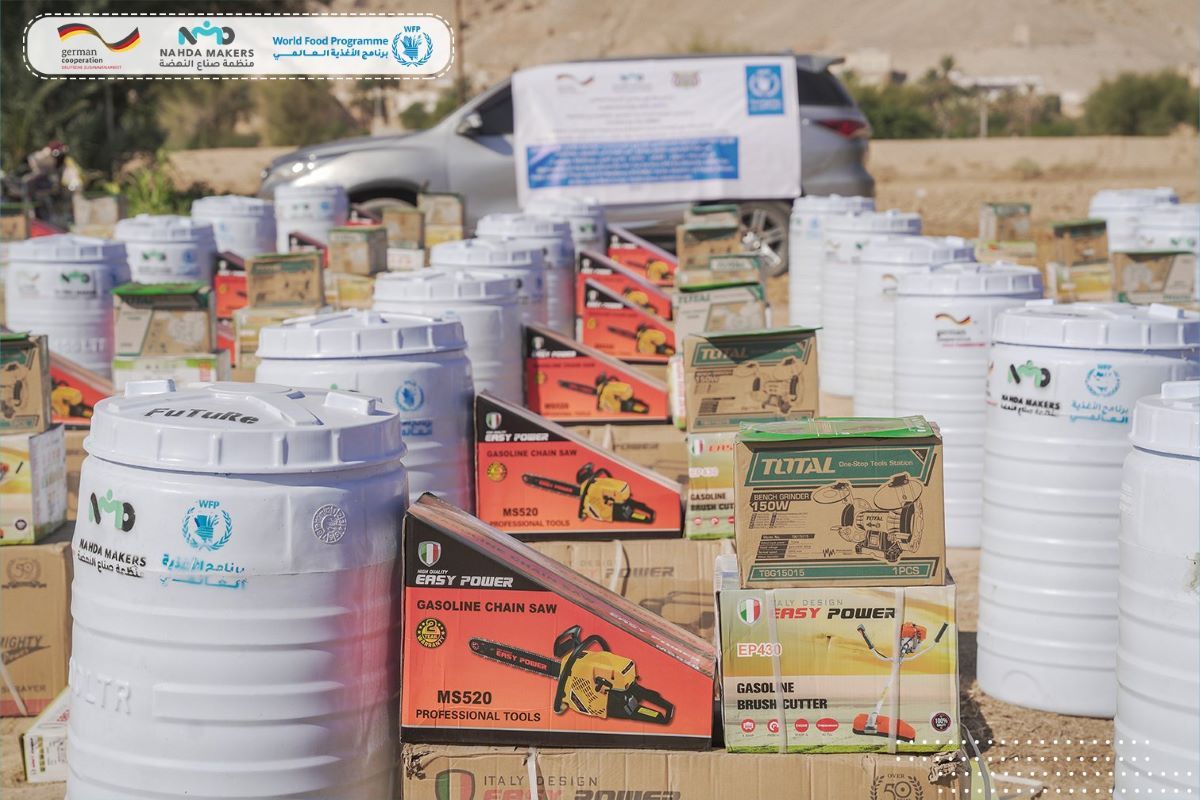
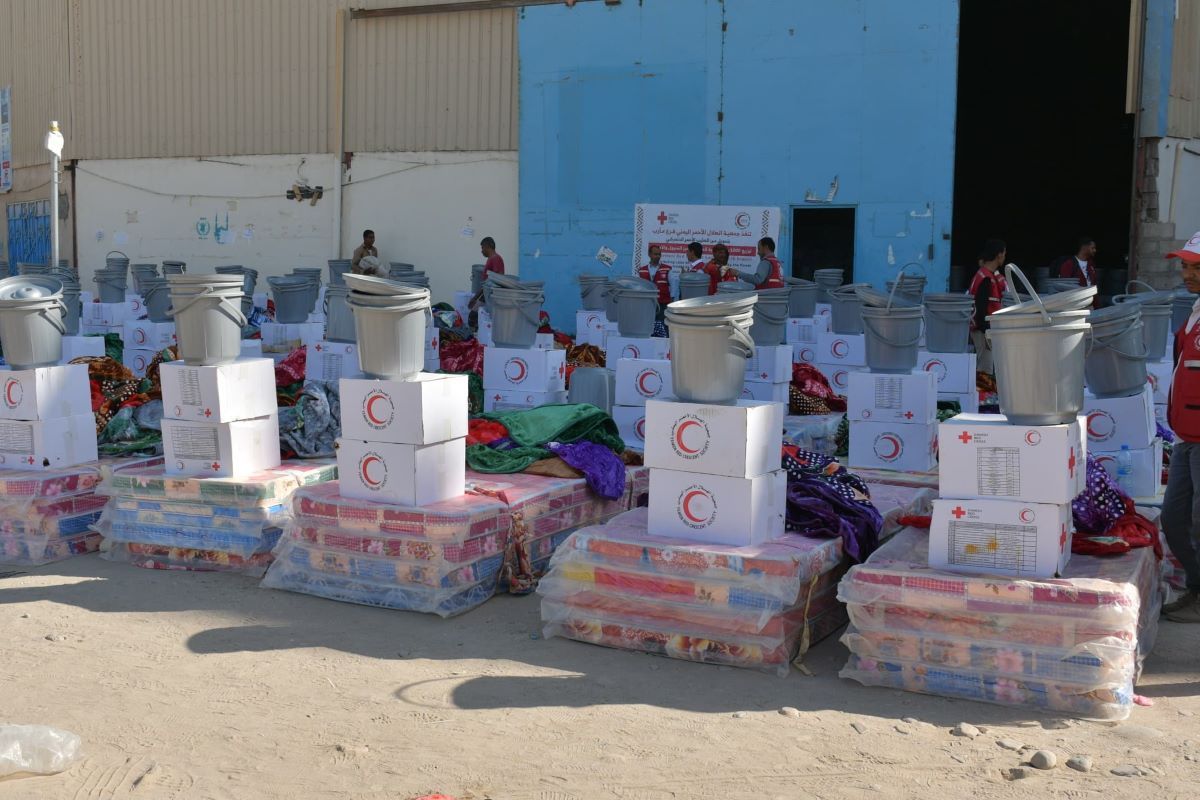

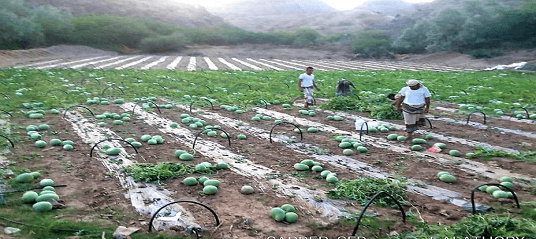
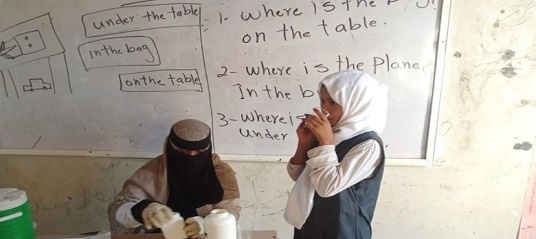
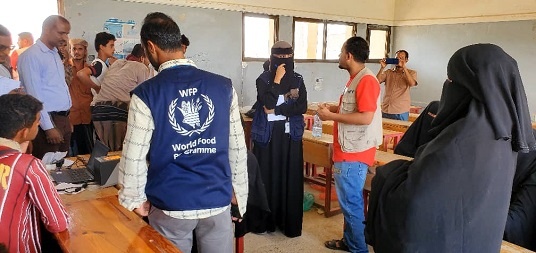
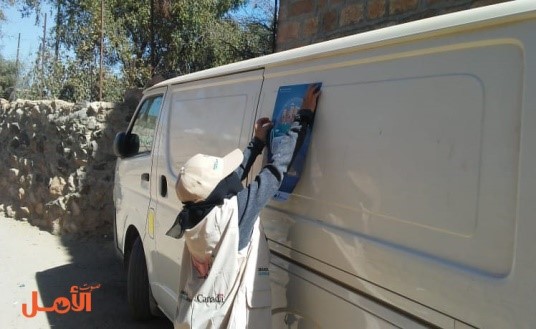
LEAVE A COMMENT